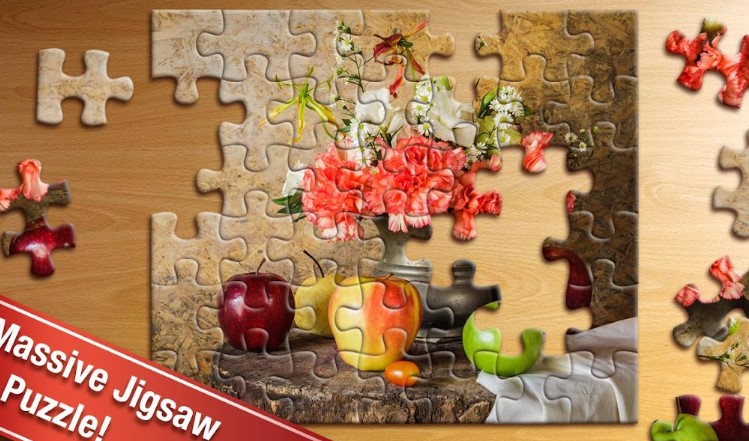Greetings, readers! Welcome to the wonderful world of jigsaw puzzles, where patience, strategy, and a keen eye come together. Whether you’re a seasoned puzzler or a novice looking to embark on your first journey, this comprehensive guide will provide you with everything you need to know to conquer the challenges and piece together the beauty of jigsaw puzzles.
Section 1: Assembling the Basics
1. Preparing for Assembly
Find a clean and well-lit workspace where you’ll have ample room to spread out the puzzle pieces. Gather all the pieces and discard any extra bits that may have gotten mixed in.
2. Sorting the Pieces
Sort the pieces into piles based on color, shape, or any other distinguishing characteristics that help you identify them. This will make the assembly process smoother and less overwhelming.
Section 2: Piecing it Together
1. Building the Frame and Sections
Start by identifying the pieces that form the frame of the puzzle. Then, focus on assembling small sections within the frame, using the shapes and colors to guide you.
2. Connecting the Sections
Once you have several sections complete, connect them by matching the edges and patterns. Gradually work your way through the puzzle, connecting smaller sections to create larger ones.
Section 3: Advanced Techniques
1. The “H” Technique
When you’re stuck, try the “H” technique. Assemble two pieces vertically and two horizontally, forming an “H” shape. Use this as a reference point to connect other pieces around it.
2. Lighting Shadows
Hold the puzzle pieces against the light to identify shadows and patterns that highlight their shapes and edges. This can aid in matching pieces correctly.
Section 4: Troubleshooting
1. Missing Pieces
If you’re missing a piece, search through your puzzle mat and work area thoroughly. If it’s still not found, contact the puzzle manufacturer for a replacement piece.
2. Incorrectly Placed Pieces
Don’t force pieces together if they don’t fit snugly. Take a step back, re-examine the shapes, and try again.
Section 5: Table Breakdown of Puzzle Assembly
| Stage | Description | Key Tips |
|---|---|---|
| Preparation | Sort pieces, find workspace | Organize for efficiency |
| Assembly | Build frame, create sections | Match shapes, connect edges |
| Advanced Techniques | Use “H” technique, lighting shadows | Aid in finding matches |
| Troubleshooting | Check for missing pieces, incorrect placement | Be patient, seek replacements |
Conclusion
Congratulations, readers! You’ve now mastered the art of solving jigsaw puzzles. Remember, patience, strategy, and a little bit of fun are the key ingredients to puzzle success. Enjoy exploring the world of jigsaws and check out our other articles for more puzzle inspiration and tips!
FAQ about Jigsaw Puzzles
What is a jigsaw puzzle?
A jigsaw puzzle is a challenging game that involves assembling small interlocking pieces to form a larger image.
How do I start playing a jigsaw puzzle?
Begin by sorting the pieces by their colors and shapes. Then, start assembling the edges of the puzzle to create a frame.
How do I find the correct piece?
Look for pieces that have shapes and colors that match the adjacent sections of the puzzle.
What if I can’t find a piece?
Don’t panic! Take a break and come back to it later. You may also need to rearrange some of the pieces you already have in place.
How do I assemble the corners?
Start by finding pieces that have two straight edges and two angled edges. These typically form the corners of the puzzle.
How do I know when I’m finished?
You will know you have completed the puzzle when all the pieces have been assembled and the image is complete.
What are some tips for completing a jigsaw puzzle?
Take your time, use good lighting, and organize your pieces. If you get stuck, take a break and come back to it later.
What if I lose a piece?
Unfortunately, if you lose a piece of your puzzle, it may be difficult to complete without finding it. You can try contacting the manufacturer for a replacement piece.
Can I frame my completed puzzle?
Yes, once you have assembled your puzzle, you can frame it to preserve it. Use a high-quality adhesive and a sturdy frame to protect your masterpiece.
How long does it take to complete a jigsaw puzzle?
The time it takes to complete a puzzle varies depending on its size, complexity, and your skill level. Some puzzles can be completed in a few hours, while others may take days or even weeks.
